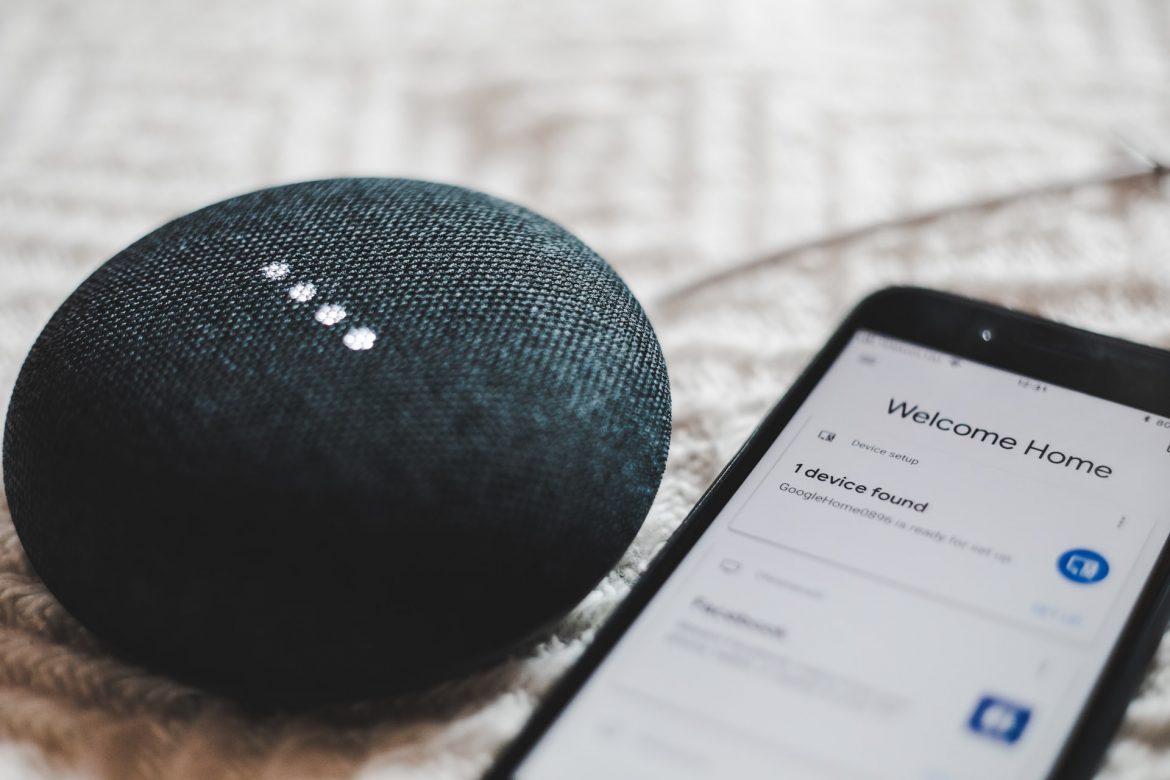You’ve probably dealt with IoT devices at least once in your life, be it for personal matters or for work. IoT in business isn’t a new thing either. Despite being a relatively new technology, it already has a huge spread. IoT cloud solutions make it possible to use your mobile devices at any place. As long as we have access to Wi-Fi or other wireless technologies, these IoT devices can send collected information to the cloud storage.
However, do many understand how IoT technology really works? Do you see what are the benefits of IoT solutions? And if so, why adopt IoT? Let’s find out the answer.
What is IoT technology?
IoT stands for “Internet of Things” and it refers to a network of autonomous wireless devices that collect data about:
- the condition of the surrounding environment or equipment,
- body or health conditions, and
- operational processes.
IoT devices include smartphones, healthcare IoT devices, home appliances, as well as advanced industrial sensors. These sensors can assess temperature, vibration, humidity, and so on.
How does IoT work?
We know that these devices collect the necessary data. Then, what’s the next step? Well, there are a lot of scenarios, but let us offer you the most popular ones:
- The information is sent directly to the cloud solution where it’s processed, stored, and then displayed through management platforms.
- The information is sent to the user-facing application which communicates with IoT devices through BLE technology. Then, it goes to the cloud processing center and cloud storage.
- It automatically sends data to the edge computing platform for processing. Then, the processed data will be sent to the cloud platform.
The difference between these options is speed. The closer the data processing platform is to the device, the quicker you get the results. However, this makes a huge difference only in specific industries. Some don’t require immediate data analysis, whereas others require constant data refresh. Businesses can benefit from both options. Let’s see how.


What are the IoT benefits for businesses?
How can we define the importance of the Internet of Things? How do businesses benefit from IoT technology solutions? A simple answer is that they gather data.
IoT technology, specifically devices, provides businesses with valuable data. It doesn’t mean this data usually waits for somebody to sort it out. In addition to purchasing devices, you will have to provide a place for this information.
By “place”, we mean a data management system that will help to get the best out of the data gathered. With a careful and experienced approach, you can make this platform receive, process, securely store, analyze, and centralize this data.
First and foremost, this practice allows businesses to make data-driven decisions. In turn, such decisions help businesses expand quicker and even reduce the average time to market, as such platforms help to discover ways of reformatting the operational processes.
For example, with machine learning (ML) or artificial intelligence (AI) implemented in data management solutions, it’s possible to:
- improve business productivity, and
- automate workflows
ML and AI will contribute to the automatic execution of time-consuming tasks that earlier workers would do. Still, experiences vary. Each industry has its own requirements and particularities, and IoT technology can deliver different values to each of them.
How do companies apply IoT technology in different industries?
Let’s describe the most common scenarios of how IoT technology can be applied depending on the industry:
Agriculture
In agriculture, it’s important to monitor the real-time condition of the crop field, warehouse, or transportation. IoT sensors transmit real-time information about temperature, humidity, light, and other metrics. Thanks to this data, farmers can start auto-pouring or switch on LED lighting to make sure that crops will be protected from unpleasant weather conditions and ensure the highest quality output.
Logistics
Logistics gives a lot of opportunities for using IoT devices. For example, they can simplify the process of tracking objects and evaluating the transported assets. One of the greatest benefits is that, through IoT devices, you can actually monitor and control the transportation process remotely.
Healthcare
IoT isn’t a new thing in healthcare. The outbreak of COVID-19 gave a push to using more healthcare IoT devices. BLE-enabled glucometers, pulse oximeters, EKG monitors, for instance, help providers monitor patients remotely and provide them with high-quality medical treatment even without personal visits. Don’t forget about wearables that can also be used to examine the patient’s body conditions at any time.
Banking
We all use smart ATMs instead of going to the bank cash desk or conducting contactless payments through our smartphones or smartwatches thanks to NFC. However, it’s not everything. Home voice assistants are also IoT devices that we can use to make payments or receive them through voice commands. As well, we use Bluetooth beacons as a means of identification.
Manufacturing
Manufacturing has stepped up and is dealing with the Industrial Internet of Things (IIoT). The main difference between IoT and IIoT is in sensors that are more powerful and capable of transmitting huge loads of data in real-time. Such sensors work with the facility conditions (temperature, humidity, etc) and equipment conditions.
Smart homes
Today, smart homes make our lives easier and lazier. Smart TVs, stoves, refrigerators, plugs, bulbs, thermostats, speakers, and so many other things that we control remotely via our smartphones have become so common. Fortunately, now we can switch off a plug with an iron or even the iron itself if we happen to forget about them.
Now, you can see how the technology you knew little about earlier actually improved not only complex operational processes but also everyday life.
However, considering the role IoT solutions play in our lives, it’s also crucial to make sure that these solutions are built according to the Internet of Things best practices. Let’s look into them.


Crucial aspects to consider when working with IoT technology
When it comes to IoT solutions, there are actually a lot of important things to take care of. In the following section, we will outline some of the most vital ones:
Cybersecurity and data privacy
IoT or IIoT devices constantly gather, store, and send private or confidential information over the internet or BLE technology. It’s not difficult to intercept the information flow or hack the device’s storage.
That’s why the data should be transmitted and stored encrypted, and access to data should be protected with the help of multifactor authentication (MFA) and role-based access control (RBAC). Implementing a VPN can play a vital role in encrypting the data during transmission, providing an additional layer of security for IoT or IIoT devices.
Scalability
The data from IoT devices is huge. You will literally gather huge amounts of data every minute. With devices connected, you will have to manage equally huge amounts of storage. For this, make sure to work with cloud storage providers that will allow for the smooth expansion of data storage by request without any delays.
Flexibility
It’s not a hundred percent guarantee that you will work only with a set of devices you connected at the beginning of your IoT journey. With new needs identified, you will increase the number and type of devices used. This means new data formats and protocols. Assure that your solution architecture is flexible enough to quickly and smoothly work with more devices, convert their data formats, and properly analyze data.
Data management
The main thing you have to adopt is analytics. Sometimes, real-time big data analytics. Without these, all the adventure with IoT devices isn’t worth it. You won’t deal with that amount of data by hand. Before delving into IoT technology, consider implementing advanced analytics approaches, such as Business Intelligence (BI). Then, you will get the best of the data you gathered.
As you can see, IoT technology plays an important role in a lot of spheres. Moreover, in some cases, we can’t imagine our lives without IoT devices. IoT products of the future will serve us even on a larger scale. The Internet of Things predictions tell us that we will see huge growth in the number of devices based on artificial intelligence, with improved security and functionality.

